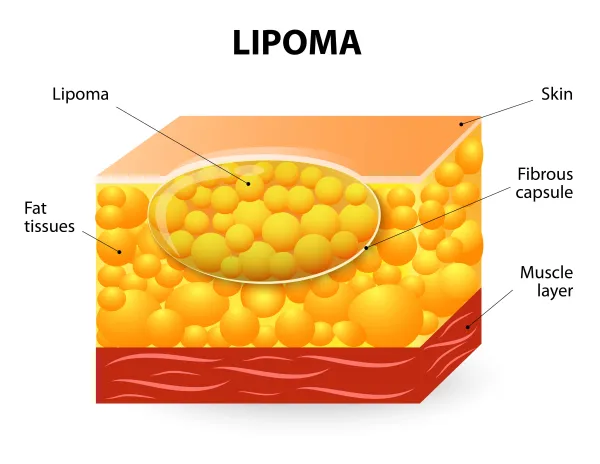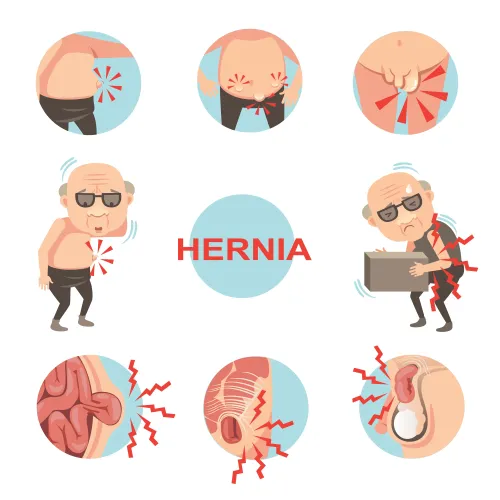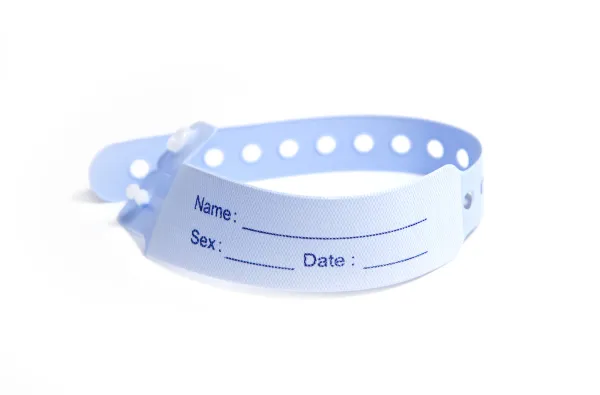Clarify AFG Breast Reconstruction
15771, +15772 stand alone. If your surgeon uses autologous fat grafting (AFG) for breast reconstruction or revision following mastectomy or lumpectomy, you have a new way to code the service this year. Key: Our experts can help you understand how the new codes fit into the existing and revised code options so you can accurately report these procedures Add and Subtract AFG Codes CPT® 2020 adds the following two codes that you can use when your surgeon performs AFG for breast reconstruction or later revision of a reconstructed breast: “Notice that these codes refer to the graft recipient site, not the donor site, which includes breast, among other sites,” says Terri Brame Joy, MBA, CPC, COC, CGSC, CPC-I, billing specialty subject matter expert at Kareo in Irvine, CA. The codes aren’t limited to breast cancer or cosmetic breast cases. Included: The codes describe performing liposuction to harvest fat from the donor site, layered closure of the donor incisions, simple processing of the lipoaspirate (such as centrifugation), injecting the fat graft via small cannulas into the defect area, and closing the small stab wounds. Use 15771 for any case involving 50 cc or less injectate, and add +15772 for each aliquot of up to 50 cc injectate beyond the initial 50 cc. Old way: Without a specific code for these services prior to this year, you may have been using a less-specific code that broadly includes AFG: 20926 (Tissue grafts, other (eg, paratenon, fat, dermis)). Precisely because this is a broad code that clinicians could use to bill for various harvesting and grafting methods at any anatomic site, CPT® 2020 deletes 20926 and replaces it with five more-specific codes, including 15771 and +15772. Don’t Double Dip With Other Codes Now that you have the 15771 and +15772 to describe AFG breast reconstruction, you need to understand which other codes you should not use instead of or in addition to these codes. If your surgeon reconstructs a breast or revises a breast reconstruction using AFG, you should not use one of the following codes: “Codes 19366 and 19380 describe open surgical procedures involving elevating and positioning flap graft(s), not fat injections,” says Melanie Witt, RN, CPC, MA, an independent coding expert based in Guadalupita, New Mexico. CPT® Assistant Vol. 29, Issue 11 states “ … breast reconstruction codes (… 19366 …) are used only when an entire flap is harvested, transposed, and shaped for use in breast reconstruction. Secondary revisions to an autologous tissue breast reconstruction are coded using 19380 … when a previous flap is re-elevated, advanced, rotated, reshaped, reduced in volume, and/or repositioned ….” Also out: Nor should you report the following codes instead of or in addition to 15771 or +15772 for breast reconstruction or revision using AFG: “Codes 15771 and +15772 are more complete and specific codes, and include the lipectomy procedure to extract the fat for grafting,” Joy says. Bundling: A CPT® text note states that you should not report 15771-+15774 together with 15876-15879. The National Correct Coding Initiative (NCCI) also bundles codes 15876-15879 as column 2 codes with the 15771 family. Beware Coverage Rules Even with the new codes, you should check with payers to see if they cover AFG for breast reconstruction or revision following mastectomy or lumpectomy. In a policy statement by American Society of Plastic Surgeons (ASPS) regarding breast AFG, a limited survey showed just two of eight insurers listing AFG as medically necessary in certain circumstances, such as post-mastectomy or to correct defects after breast conservation surgery. You can view the ASPS statement at www.plasticsurgery.org/Documents/Health-Policy/Reimbursement/insurance-2015-autologous-fat-grafting-breast.pdf.




